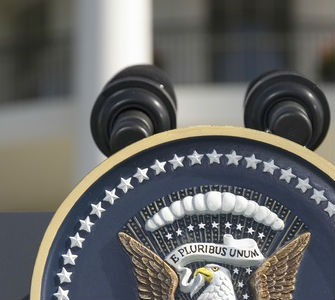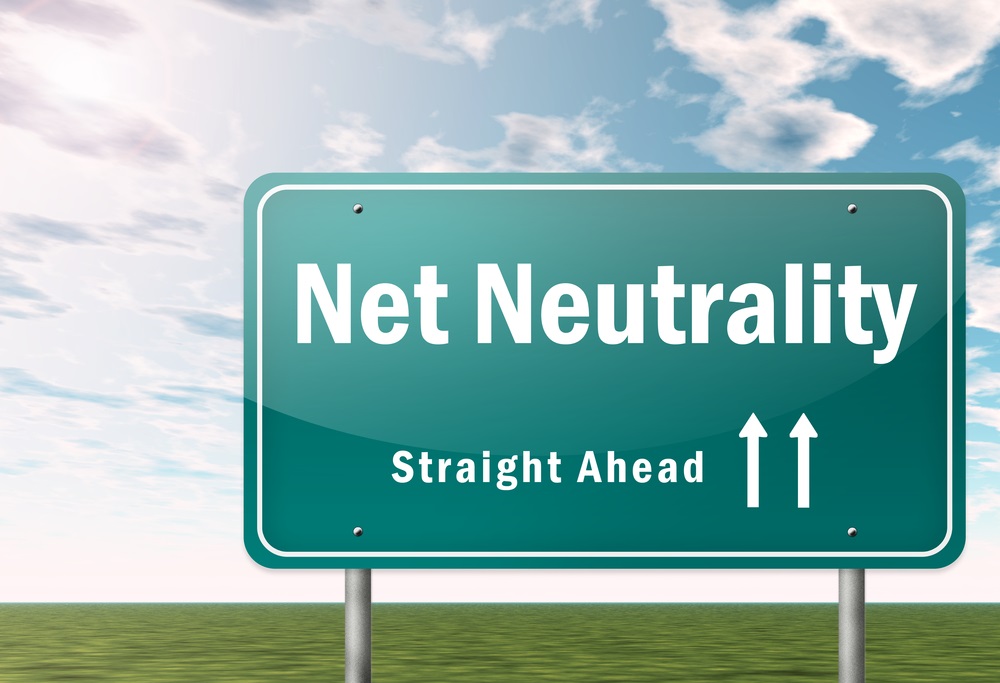After months of debate and the collection of comments from four million Americans, the Federal Communications Commission today voted on – and approved – Open Internet rules that implement what’s known as Title II reclassification of broadband Internet access. Title II, part of the Communications Act of 1934, gives the FCC authority to regulate telecommunications providers as utilities or common carriers.
Democrats on the FCC voted in favor of the order, winning over the Republicans 3 to 2.
As recently reported by TechZone360, the “bright-line rules” laid out ban paid prioritization, and the blocking and throttling of lawful content and services. And they will apply both to wireline and wireless broadband.
“To preserve incentives for broadband operators to invest in their networks, my proposal will modernize Title II, tailoring it for the 21st century, in order to provide returns necessary to construct competitive networks,” FCC Chairman Tom Wheeler wrote in a recent op-ed piece for Wired. “For example, there will be no rate regulation, no tariffs, no last-mile unbundling. Over the last 21 years, the wireless industry has invested almost $300 billion under similar rules, proving that modernized Title II regulation can encourage investment and competition.”
Tim Berners-Lee, who is said to have invented the World Wide Web in 1989, in a video shown at today’s FCC meeting commented “I applaud the chairman’s decision” on the Title II decision. Other supporters of the decision at the meeting included Chad Dickerson, CEO of crafty online marketplace Etsy, who said his organization and its sellers rely on the open Internet to do business and earn a living.
FCC Commissioner Mignon Clyburn, who recently called for some tweaks to the Title II order that Wheeler championed, also today expressed her support for the effort. The order is not perfect, she indicated, but it’s a step in the right direction.
“I would’ve preferred to readopt the unreasonable discrimination rule and reasonable network management rules from 2010,” said Clyburn during today’s meeting. “Second I think we should tread lightly when it comes to preempting the states’ ability to adopt and implement their own universal service funds. Not doing so could put a strain on the federal-state partnership I worked so hard to create.”
FCC Commissioner Ajit Pai, meanwhile, ripped on the commission’s move today, calling it an about face of rulings the FCC made just last May. The only reason the FCC is “flip flopping” in this way, Pai continued, is because President Obama told the FCC to do so.
 Image via Shutterstock
Image via Shutterstock
“President Obama’s plan is not the answer to the problem, it is the problem,” Pai said, adding that it marks a monumental shift of government management of the Internet and general over reach.
“If a company doesn’t want to offer an expensive unlimited data plan, [it] could find itself in the FCC’s crosshairs,” Pai continued.
And he warned that the ruling will hurt consumers, especially middle class and low income Americans, by increasing broadband costs and leading to slower broadband going forward.
However, The Greenlining Institute in a press release just issued applauded the FCC decision on this front, calling it essential to protect low-income consumers and communities of color from digital redlining by providers.
“The FCC got this right,” said Greenlining Institute Energy and Telecommunications Policy Director Stephanie Chen. “Without today’s action we were heading toward a new form of redlining, a sort of digital Jim Crow, that would have devastated communities of color and low-income consumers across the board. Treating broadband as a telecommunications service – that is, as the essential public service it is – is the only sure way to make sure we never face digital redlining.”
Pai did, however, get it right in his suggestion that Wheeler moved Title II classification forward at President Obama’s suggestion.
The renewed focus on net neutrality was reignited in part nearly a year ago when Netflix CEO Reed Hastings posted his blog “Internet Tolls and the Case for Strong Net Neutrality.”
“The essence of net neutrality is that ISPs such as AT&T and Comcast don't restrict, influence or otherwise meddle with the choices consumers make. The traditional form of net neutrality which was recently overturned by a Verizon lawsuit is important, but insufficient,” Hastings of Netflix wrote in his 2014 blog. “This weak net neutrality isn't enough to protect an open, competitive Internet; a stronger form of net neutrality is required. Strong net neutrality additionally prevents ISPs from charging a toll for interconnection to services like Netflix, YouTube, or Skype, or intermediaries such as Cogent, Akamai or Level 3, to deliver the services and data requested by ISP residential subscribers. Instead, they must provide sufficient access to their network without charge.”
 Image via Shutterstock
Image via Shutterstock
While Hastings in his blog cast ISPs as the villains in the net neutrality story, Frost & Sullivan analyst Dan Rayburn later revealed that it was in fact not the major ISPs that were throttling in this case, but was instead Netflix’s Internet transit provider, Cogent. Shortly after Rayburn came out with this revelation, Forbes reported, Cogent admitted that was indeed the case, and Cogent explained it was standard practice for it to intentionally slow the traffic of all its wholesale customers.
But, by then the refueled net neutrality movement was already on the fast track. President Obama late last year laid out his plan for what he called a free and open Internet, and essentially redirected the FCC’s efforts on this front, inspiring the commission to address net neutrality under Title II.
Verizon and some of the other big ISPs, as well as many of their equipment suppliers, have come out strongly against the Title II approach to net neutrality. Facilities-based service providers say such reclassification of broadband could prevent future investment in broadband (although Verizon earlier said net neutrality wouldn’t impact its broadband investments, but it recently backpedaled on that), lead to extra costs for them, prompt regulation of their interconnection deals, and lay down a slippery slope that could mean more broadband and Internet regulation in general.
Interestingly, however, not all the big carriers have come out strong against Title II reclassification. Recent comments from executives at Cablevision and Sprint indicate these carriers are not all that concerned.
In fact, Wheeler at today’s meeting noted a story in today’s issue of The Wall Street Journal in which Cablevision Systems Corp. CEO James Dolan said “we don’t see at least what the Chairman [of the FCC] has been discussing as having any real effect on our business.”
And Sprint CTO Stephen Bye wrote in a Jan. 15 letter to Wheeler: “…Sprint does not believe that a light touch application of Title II, including appropriate forbearance, would harm the continued investment in, and deployment of, mobile broadband services.
“The light touch regulatory regime that Congress put in place in 1993 through a revision to the Telecommunications Act that allows new carriers, including Sprint, to enter the mobile market helped enable an explosion of growth,” Bye added, and that emanated from Title II common carriage regulation.
Edited by
Maurice Nagle